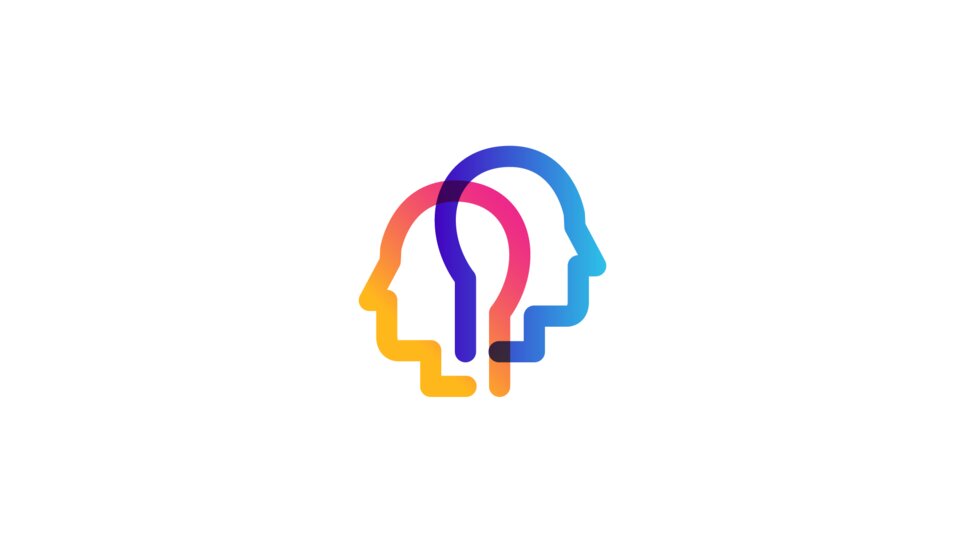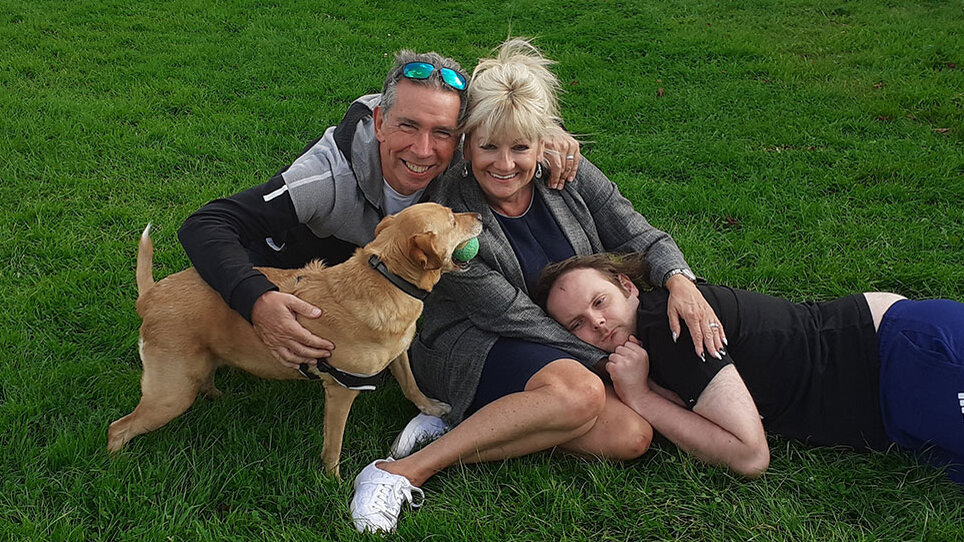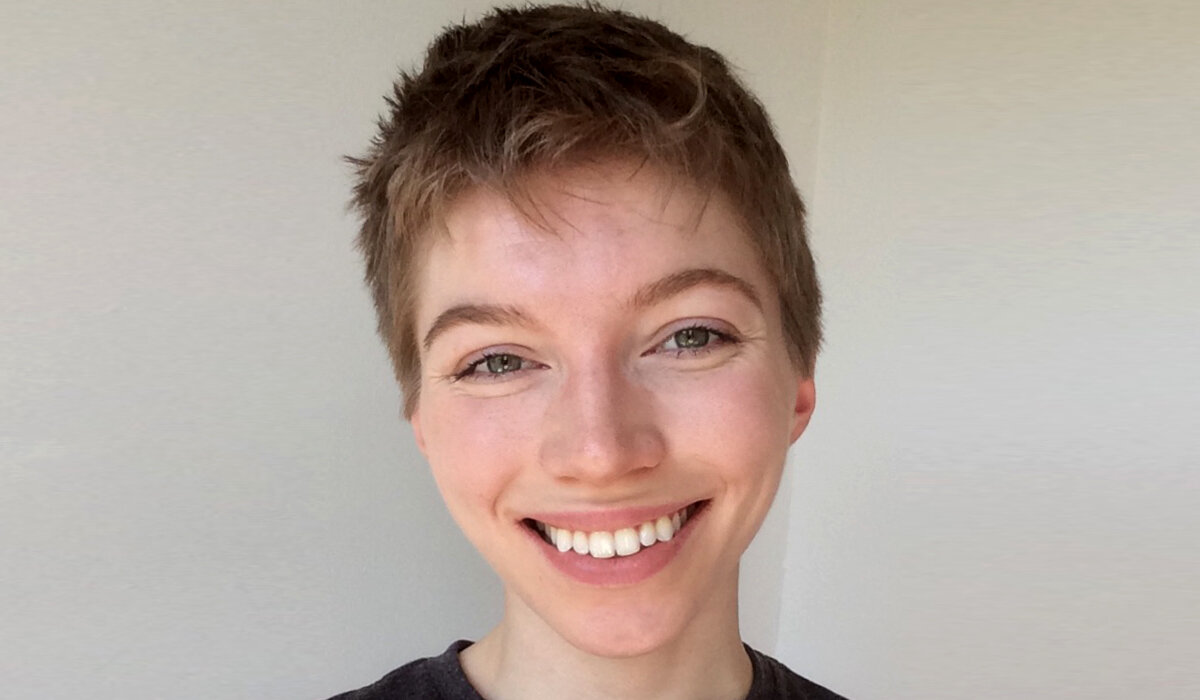
"Being autistic myself, I know how important it is to consider the environment, and to really evaluate if this works for a client before jumping right in."
Abdullah Shahjan
- on how being autistic influences his work as a therapist
Stories from the Spectrum: Abdullah Shahjan
Sunday 10 October is World Mental Health Day. We want to wish all our supporters and their friends and families a happy and healthy day, and encourage them to get support if they need it. Visit our mental health guidance pages here for further advice and resources.
Autism is not a mental health condition, but our November 2020 survey suggests that 94% of autistic adults have experienced anxiety and 83% have experienced general difficulties with their mental health.
With this in mind, we caught up with Abdullah Shahjan, an autistic therapist who helped us develop our free Good practice guide for professional therapists. Abdullah spoke to us about what inspired him to work in mental health, why professionals need to adapt therapy to suit autistic people's needs, and how being autistic influences his work.
Why did you decide to work in mental health?
I recognised that I really didn’t want to treat people. I wanted to be with people. I wanted to offer something to heal as opposed to just being part of the healing.
Why did you get involved in developing our Good practice guide?
When I heard about the project, I thought, ‘this is really timely’. For years, I have thought both good practice and interventions don’t often work with autistic people. There seem to be a lot of stereotypes about the autism spectrum and how to respond to those, rather than person-centred or holistic care.
We are at the cusp of recognition, where we need to tailor our services to the person we are working with.
How does being autistic influence your work?
I am really clued up on understanding how the space and environment are central to practising talking therapy. Being autistic myself, I know how important it is to consider all the sounds, colours and smells in the environment to really evaluate if this works for someone before jumping right in. I noticed my other colleagues would always take this for granted and assume the environment was ok without thinking what might need to change.
"Being autistic myself, I know how important it is to consider all the sounds, colours and smells in the environment to really see if this works for someone before jumping right in."

Quite quickly, I understood from my training that there is little to any literature or guidance for professionals delivering interventions for autistic people. This means that I work really hard to get the basics right. We are not trained to work with people in this way, so often I felt eccentric in my approach. However, challenging the status quo, being guided by the person in front of you, and not following stereotypes, is what works best for my autistic clients.
The autistic people I have worked with have spent years working with professionals that don’t understand them. Making small changes, such as walking round the room with clients or sitting on the floor if that’s what they want, makes a big difference.
What are the barriers autistic people can face getting mental health talking therapies?
Often, clinicians do not know how to work with people who are neurodiverse or come from different cultures. We follow an institution and a model of professional practice that is very defined and doesn’t always work for autistic people. You have to be willing to share power and have an understanding of the whole person and their needs in order to help them.
"Often, clinicians do not know how to work with people who are neurodiverse or come from different cultures."
Do you have any advice for other therapists working with autistic people?
Meet people where they are at, instead of expecting them to meet you. When you meet a person, start off by thinking to yourself:
What makes them tick?
What drives them?
What do they enjoy doing?
Thinking like this is the start of a revolution and a trend that can only go upwards. Being open to making practical changes would benefit more than just autistic people. They can be used widely for different groups.
Why is adapting therapy for autistic people so important? And how has the Good practice guide helped you?
Looking at the guide I thought, ‘wow, this is something that finally recognises practical changes we can make that will make a big difference to this community.’ It comes from a collaboration of lots of different people offering different thoughts that will really help practitioners question their practice.
This is what I believe is needed - something that pushes the profession to go deeper and look outside of the cultural monopoly and status quo on how we do things. Making adaptations and truly understanding the person in front of you allows you to see them as an individual, appreciating their strengths as well as their challenges. The guide gives you a focus and a refocus, as well as a potential to do something incredible with the permission of the person in front of you.
"Making adaptations and truly understanding the person in front of you allows you to see them as an individual, appreciating their strengths as well as their challenges."
![]()
The guide has really changed the dynamics of intervention. It acts as a really good indicator and reflective tool. It gives you confirmation that what you are doing is right, but it also makes you think of things that might have never occurred to you and explains why this is important.
In order to truly make a difference, you have to go country-wide and beyond. This is going to change the face of interventions for autism, but people have to take it seriously and they have to understand it properly to know there is more than meets the eye.
Read our Good practice guide
Are you a mental health professional who works with autistic people? Download our free Good practice guide and find out how you can make small changes to support your autistic clients.


Autism and mental health conference
Join us for the next mental health conference on 10 March 2022
Find out moreSimilar stories

"Our aim was to get Ryan and other autistic people out of hospitals and into the community."
Sharon Clarke
- on mental health hospitals and advocating for her son, Ryan
Read more

"When I have autistic patients, I always take particular care to find out their needs and make sure they are met."
Harri Wilson
- on being an autistic junior doctor
Read more

"Rarely an hour goes by that I don't think about what happened in hospital."
Alexis Quinn
- on her experience of being in a mental health hospital
Read more
Related advice and guidance
Mental health advice, contacts, and resources for autistic people and their families.

The Spectrum magazine
Explore one of the UK's largest collections of autistic art, poetry, and prose. The Spectrum magazine is created by and for autistic people, and is available both online and in print.
Read the Spectrum





You are not alone
Join our community
Our online community is a place for autistic people and their families to meet like-minded people and share their experiences.
Join today